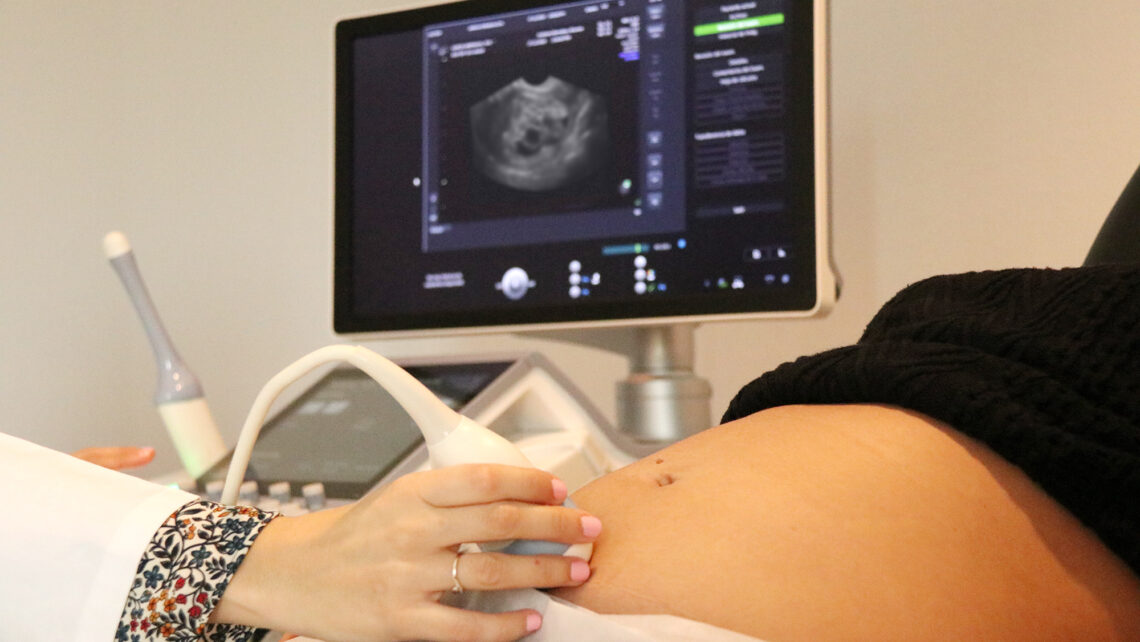
Molar pregnancy or hydatidiform mole
Molar pregnancy, also known as hydatidiform mole, is a very rare pregnancy complication where the tissue which is going to form the future placenta grows in an exaggerated way; Trophoblastic tissue.
It happens in 1 out of 1500 pregnancies and most of them (around 80%) are spontaneously resolved so there’s no need to induce miscarriage.
Índice
Types of molar pregnancies
There are two types of molar pregnancy, complete and partial.
- COMPLETE MOLAR PREGNANCY: Is the most frequent. Altered placenta tissue is formed inside the uterus, which swells with vescicles. This kind of pregnancies are originated by a fertilised egg with no genetic material or inactive. For this reason, the genetic charge comes exclusively from the father.
- PARTIAL MOLAR PREGNANCY: Abnormal placenta tissue with embryo tissue can be seen. Takes place when an egg is fertilized by two sperms, which makes the embryo to carry more chromosomes than usual. Most of the time the embryo doesn’t survive and a miscarriage occurs within the first weeks of pregnancy.
Molar pregnancy symptoms
This disease is revealed by bleeding outside the period and larger uterus size, it may appear with lower abdomen pain and vaginal passage of grape-like vescicles. Other symptoms are motion sickness, vomits and thyroid alterations.
Molar pregnancy diagnosis
It can be done in the patient’s clinic by an ultrasound-scan and a hormone determination: beta-hCG. Due to the excessive placenta tissue growing, this hormone levels are much higher than in a normal pregnancy. In fact, it helps doctors to issue a diagnosis and do a follow-up to their patients.
Molar pregnancy treatment
The treatment of choice is usually a curettage or uterus cavity sharp curettage to evacuate the abnormal content. This is enough on most cases. Patients must have the beta-hCG measured weekly (we usually call it just beta) until the complete remission, a clinic exploration every two weeks and avoid pregnancy for 6 months or a year.
A small percentage of cases, molar pregnancy may persist or have serious complications. Therefore, when compatible clinic frames appear, it should be evaluated by a gynaecologist.
Dr Ruth Romero, a gynaecologist at Instituto Bernabeu
IT MAY ALSO BE OF INTEREST TO YOU:
